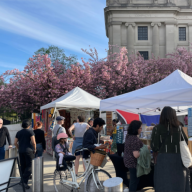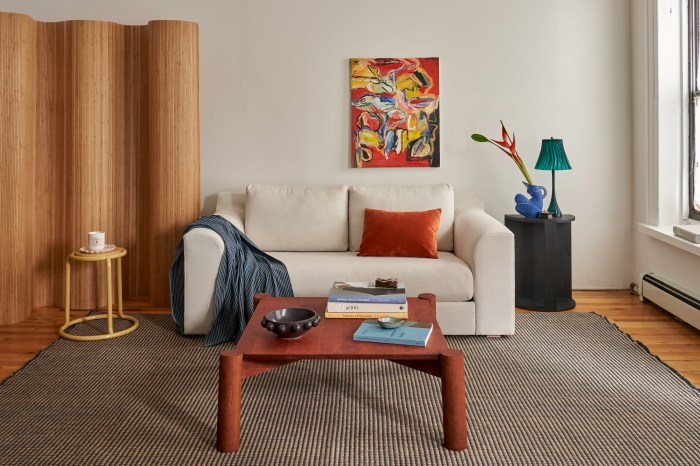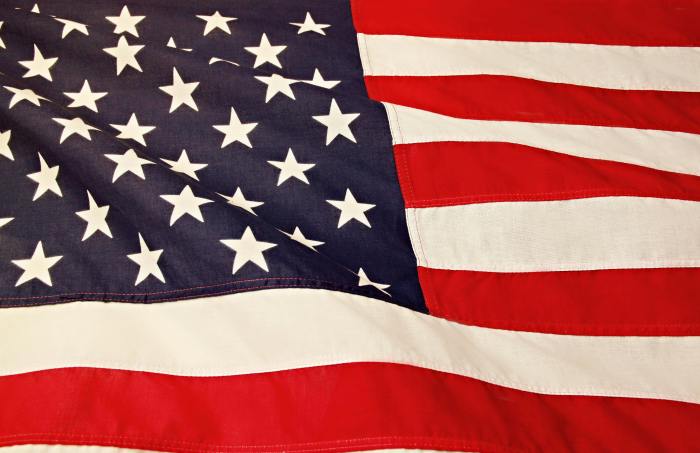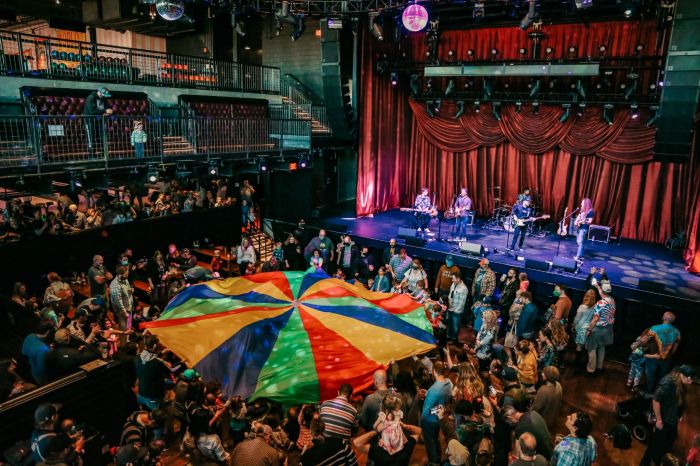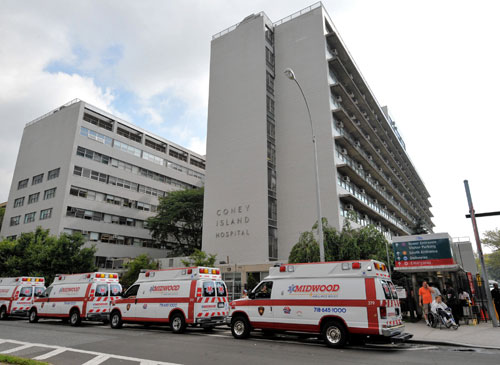Restaurants in Brooklyn’s Little Caribbean have shifted gears to make it through the coronavirus pandemic, relying on innovation, creativity and a focus on takeout and delivery, according to area locals.
“I am seeing reduced hours [but] I am seeing a bit more of innovation and creativity in terms of delivery,” said Shelley Worrell, founder of the Little Caribbean commercial corridor and of the lifestyle brand, Caribbeing. “A lot more businesses have gone online.
Little Caribbean was officially recognized in 2017 after Worrell, a lifelong Flatbush resident, took the lead in organizing the local business network. Today, Little Caribbean consists of about a dozen businesses on Nostrand and Flatbush avenues that specialize in Caribbean cuisine and cultural goods.
“Our work is not only to uplift but to preserve and to highlight Caribbean contributions to New York City,” Worrell said.
As the threat of COVID-19 resulted in lighter foot traffic in the area, many eateries trimmed their in-store hours and refocused in-house operations on takeout and delivery.
“Many businesses had to reduce their hours quite dramatically,” Worrell said. “They risked losing their business.”
At the height of the pandemic, Creme and Cocoa Creamery — a small-batch ice cream shop on Nostrand Avenue — shaved its schedule down to three days a week. Since the outbreak’s onset, the Little Caribbean business has relied heavily on delivering pints of ice cream through its website and other online platforms like DoorDash and Uber Eats.
But, the shop’s famed ice cream-making classes — a consistent source of income for the seasonal creamery — have been cancelled until further notice.
“We were fully booked, we had all different types of initiatives and teamed up with other entities for ice cream making classes,” said Omar Thorpe, owner of the family-operated creamery. “Those were all canceled.”
The mass cancellation of local festivals and other summer events has also taken a toll on the creamery’s finances — though Thorpe said he is optimistic that, with some office employees returning to work, larger-scale pint deliveries may make a comeback.
“We do a lot of festivals, we do a lot of corporate bookings, those were all gone,” Thorpe said. “That’s one major source of revenue besides the shop.”
To make up for lost business, Thorpe held a “social distancing block party” in Harlem, where neighbors were able to get together safely and enjoy some homemade ice cream — and, as of mid-July, the Nostrand Avenue shop can officially serve patrons in its backyard.
“We have been thinking of new ways to make up revenue, so we decided to do this concept of a social-distancing block party,” he said. “I had an ice cream bike outside and people were social distancing and having ice cream.”
Rain Eatery, a restaurant and juice bar on Nostrand Avenue, was one of the few businesses to keep its operating hours the same throughout the pandemic and owners instead focused on continuing to consistently churn out quality meals for their customers.
“I remained open and kept my same hours,” said Kevin Skinner. “I just made sure the product I am giving to the public was spot on and 100 percent at all times.”
But, making matters even worse for struggling businesses, Skinner said the prices of many of his menu’s staple ingredients skyrocketed during the pandemic, forcing him to raise prices by $1 to $2 to stay afloat.
“One of the challenges we have had through COVID is accessibility to products, prices have definitely increased,” Skinner said. “Vegetables and products that are usually cheaper in the summer season are double in price.”
During the height of the pandemic, Skinner said nearly 90 percent of the restaurant’s revenue came from delivery and, as he relied on third-party delivery services, that income was subject to high fees.
“They take a high percentage and it takes about a week or two to get your money,” he said, stressing that a phoned in pick-up order can make all the difference for a local businesses during the pandemic. “We are grateful for it, but the best thing is for walk-ins, and calling ahead and picking up your order.”
Like Creme and Cocoa Creamery, Rain has partially reopened for al fresco dining — something Skinner says has given the business a bit of a boost. It’s also allowed him to show off his eatery’s extensive selection of plants.
“I’ve seen a jump in business,” Skinner said. “People just want to sit next to the plants, it’s like a mild escape!”
A representative from the city’s tourism board stressed the importance of preserving the city’s cultural enclaves as they serve the city’s large immigrant populations and also provide an opportunity to experience a different culture without having to leave the borough.
“COVID is a real setback for small businesses and emerging neighborhoods like this,” said Nevah Assang, senior vice president of NYC & Company. “What makes New York so special is to have all these wonderful experiences and now since we can’t travel it is a great opportunity to visit these neighborhoods to get the flavor.”




